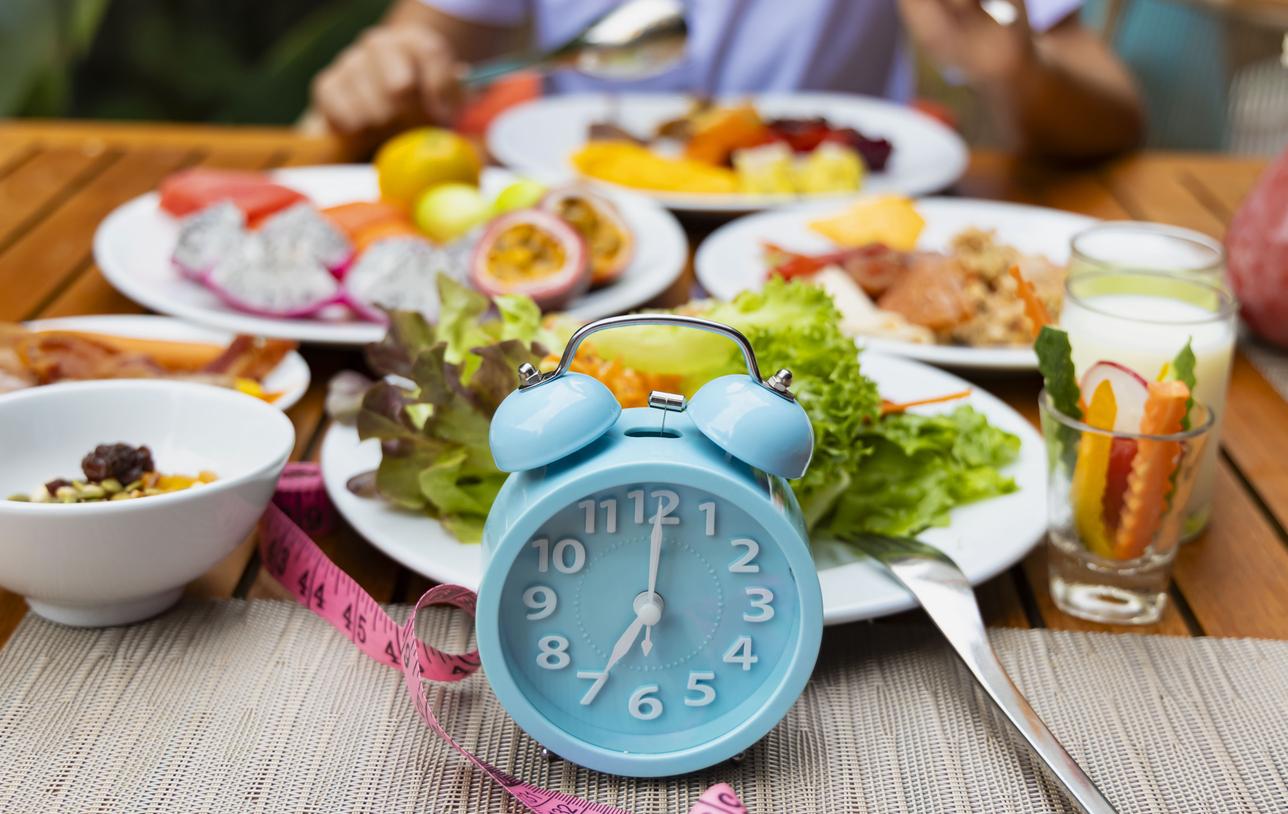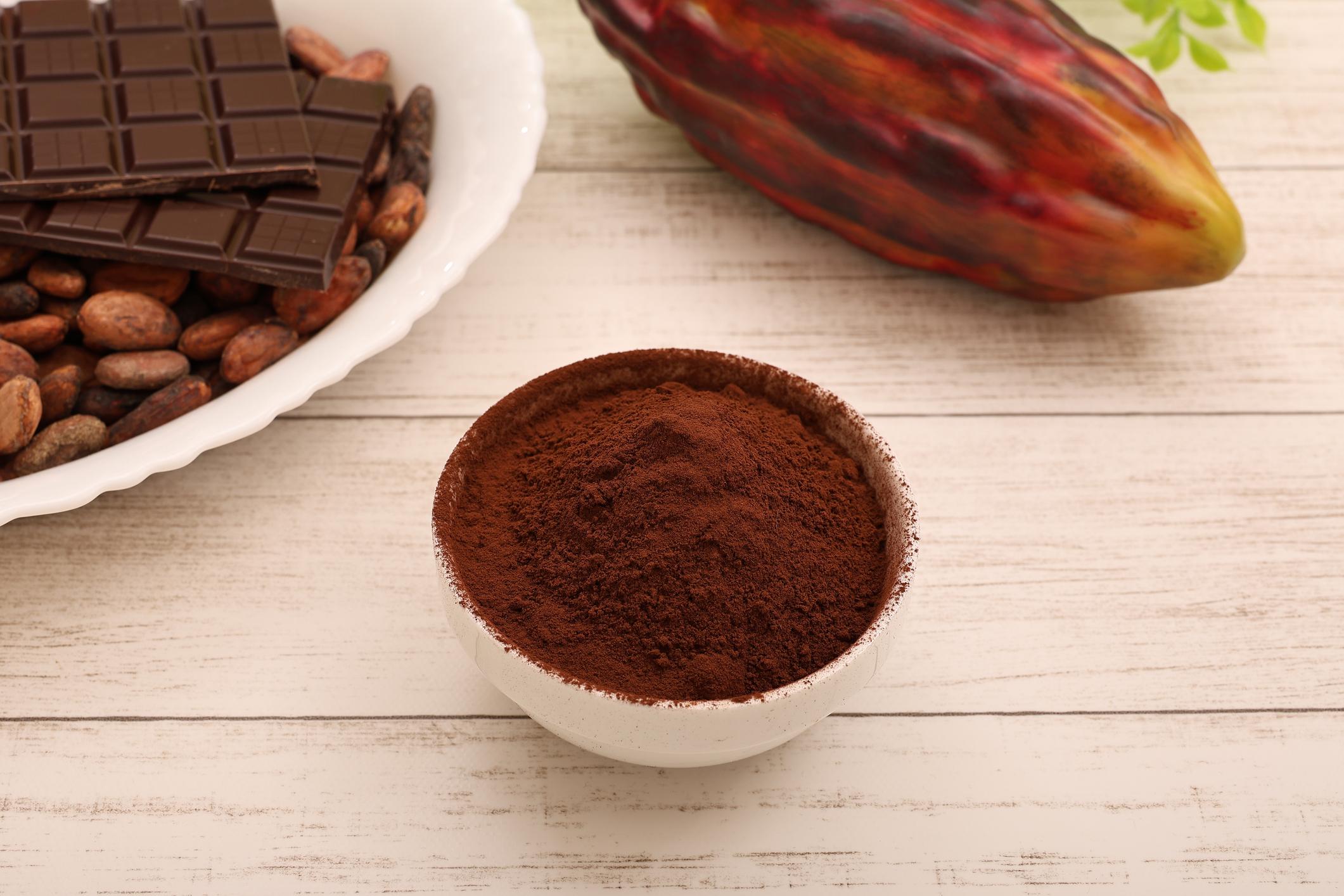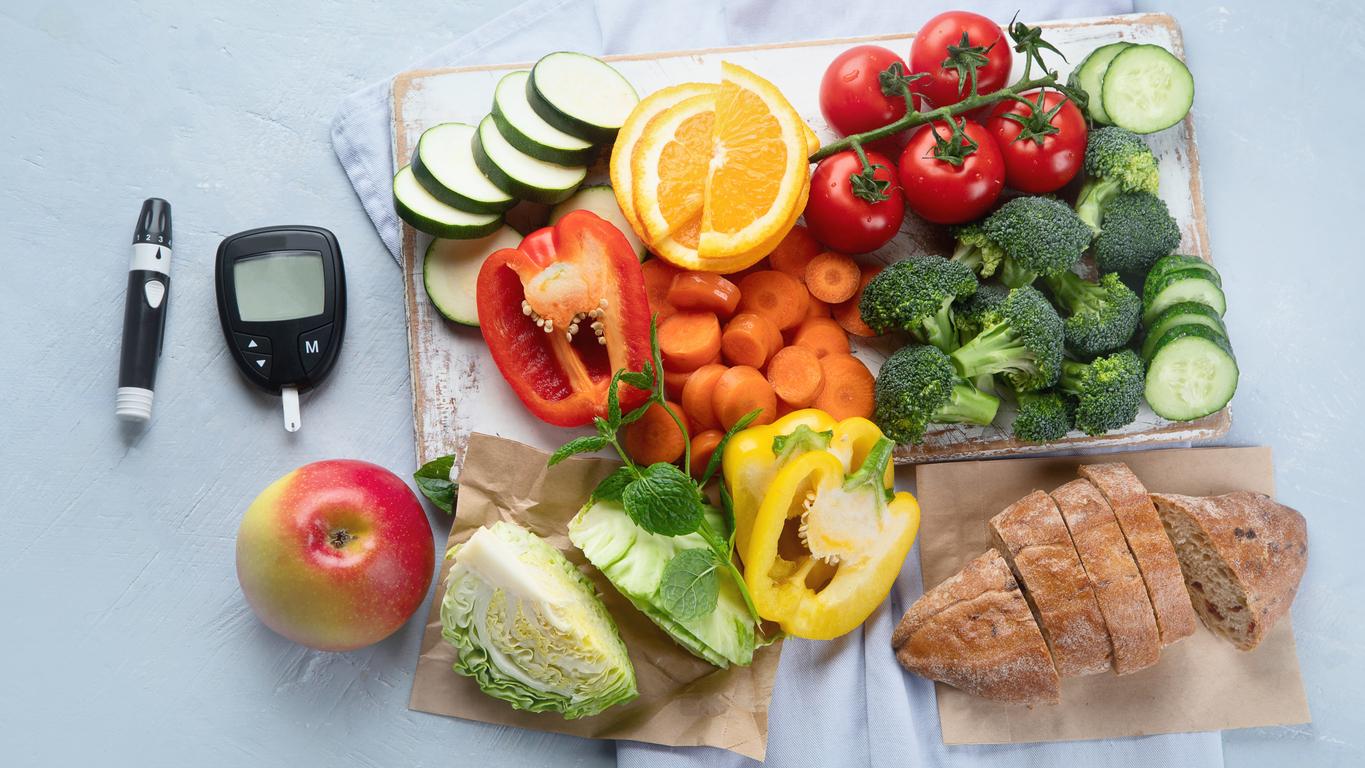Certain natural food supplements can decrease or increase the effects of certain drugs. Here are a few examples:
– The St. John’s Wort, a plant with antidepressant activity, interacts with more than 70 substances or families of substances; it is particularly contraindicated in the event of taking anticoagulants, antidepressants, antiepileptics, contraceptive pills, digoxin (used in the treatment of various heart ailments), immunosuppressive drugs (which treat auto- immune) or antiproteases (against HIV and hepatitis C virus).
– The taurine, which can lower blood pressure, should be taken with caution in case of hypotensive therapy.
– Devil’s claw (or harpagophyton) should be taken with caution in case of hypoglycaemic treatment because it can lower the blood sugar level.
– Green tea extract, when taking aspirin at the same time, may increase the risk of bleeding.
– Alpha-lipoic acid, an antioxidant, can lower blood sugar: it is therefore necessary to be vigilant in the event of hypoglycaemic treatment.
– GABA (gammaaminobutyric acid), a neurotransmitter that regulates anxiety, can increase the effect of antidepressants.
– The Omega 3 and garlic should not be taken at the same time as blood thinners or before surgery, because of their ability to prevent blood clots.
– Bacopa, an Asian herb that acts on memory, may increase the sedative effects of tranquilizers, barbiturates, benzodiazepines and opiates.
– L-tyrosine, an amino acid beneficial for cognitive function and resistance to exercise, may alter the effects of thyroid treatments.
– Niacin, or vitamin B3, can interfere with medicines to treat epilepsy, cholesterol, high blood pressure, type II diabetes, heart problems.
– The valerian, an herb used to promote sleep, should not be combined with a sedative drug.
– Tongkat ali, a tree used to stimulate libido, is contraindicated in taking immunosuppressive drugs (which work by reducing the activity of the immune system).


















